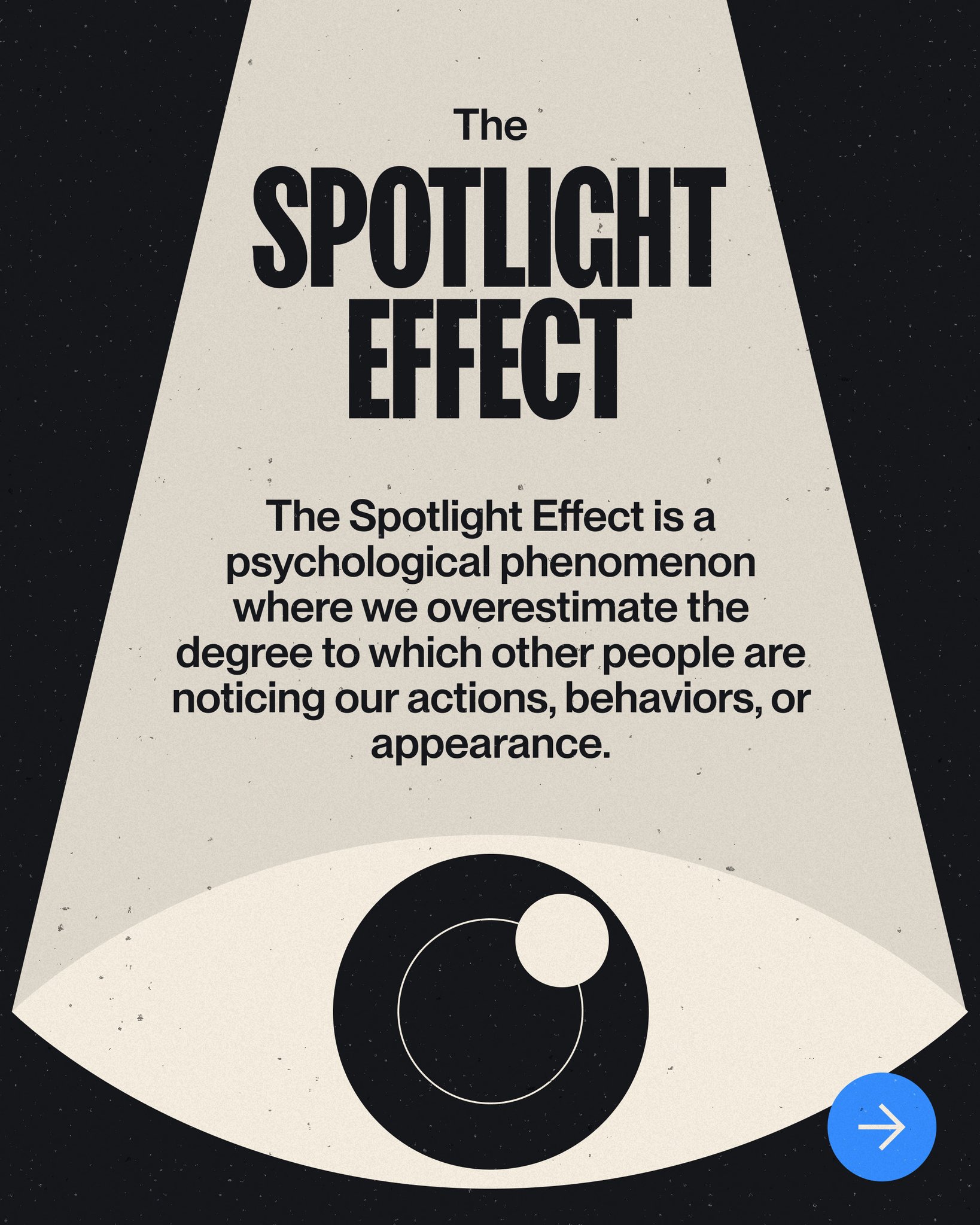You're in the People Business
We believe we need to benefit, when that might not always be the case. This spotlight effect creates a psychological blindspot and miscommunications.

You've heard it before, "Your network is your net-worth."
Also, we're told in business that we need money to make money and that we need customers to get referrals.
However, I'm here to tell you that isn't the full story. What you need is a deeper understanding of people. Today, I'm going to briefly discuss:
- How people think about things
- Why people (do or don't) think
- What moves people to act
The foundation of every business model is people. Whether you're B2B, B2C, C2C, or DTC, people are the decision-makers and will be for the foreseeable future.
I acknowledge that we can reduce my logic to, "technology is taking over our jobs and artificial intelligence will only make it harder to get a job", but that's a slippery slope. For all I know, we don't have protests against governments about the non-existence of switchboard operators. As our technology and sophistication evolves, so do our jobs.
How People Think
We all have selfish tendencies. It's a zero-sum mentality unless there are clear ways each person can benefit.
That's the bug. We believe we need to benefit, when that might not always be the case. This spotlight effect creates a psychological blindspot and miscommunications.

Why People Think
In 1999, Daniel Simons and Christopher Chabris famously published their "Selective Attention Test" (shown below) which emphasized our cognitive blindspots.
Please, take a moment to watch this 2-minute video; Your participation is optional.
Maybe you've heard of this, maybe you've watched the video too. Psychologists discovered they could replicate our blindspots with basic tactics that hijack our brain's processing.
Additionally, Dr. Daniel Kahneman shared several heuristics we use to slow down or speed up our thinking processes. For instance, the sum of 2+8 comes almost instantly. Meanwhile, the sum of 56+89 takes longer to calculate. With enough practice, calculating the latter equation becomes as fast as 2+8, similar to how GrandMasters in Chess memorizes dozens upon dozens of games and board positions.
Much like a computer, our brain cannot process too much information at once. Psychologists state that young adults can retain 3-4 bits at once while adults can retain seven "plus or minus two" in their working memory aka short-term memory. You know what happens if too much information is fed into your brain?
Yup, you guessed it. Information overload
When we're overridden by information, our mind reverts to decision making via our default mode
What Moves People
Emotions.
Defined as sensations in the body controlled by chemicals in our brains to release in response to a trigger or event. Put simple, our immediate reaction to an external stimulus.
Emotions aren't inherently good or bad, generally it's how we decide to act based on that emotion. The general consensus is that we experience a subjective feeling, next we have a physiological reaction, and then we have a motor expression.

Okay, So What?
Whether you want to improve your personal skills because you're launching your own business or working in the corporate world, understanding people will get you farther than skills alone.
Here's your cheatsheet:
- People have selfish tendencies. Benefits first, features second.
- People have limited working memory. Be brief, talk slow, speak clear.
- People have emotions. Invoke positive feelings for a positive reaction.
References
- Thinking Fast and Slow by Dr. Daniel Kahneman
- Influence: The Psychology of Persuasion by Dr. Robert Cialdini
- The Magical Mystery Four: How is Working Memory Capacity Limited, and Why? by Nelson Cowan
- Emotions vs. Feelings vs. Moods by Dr. Megan Spencer
- Emotion as a Multi-Component Process by Klaus R. Scherer

Your Self-Inventory
When I became an entrepreneur, I knew taking care of my mind would allow me to balance the highs and lows.
I decided to share the Notion template I've used over the past five years to stay level-headed.
I'm sharing my framework to make improving your quality of life simple.




